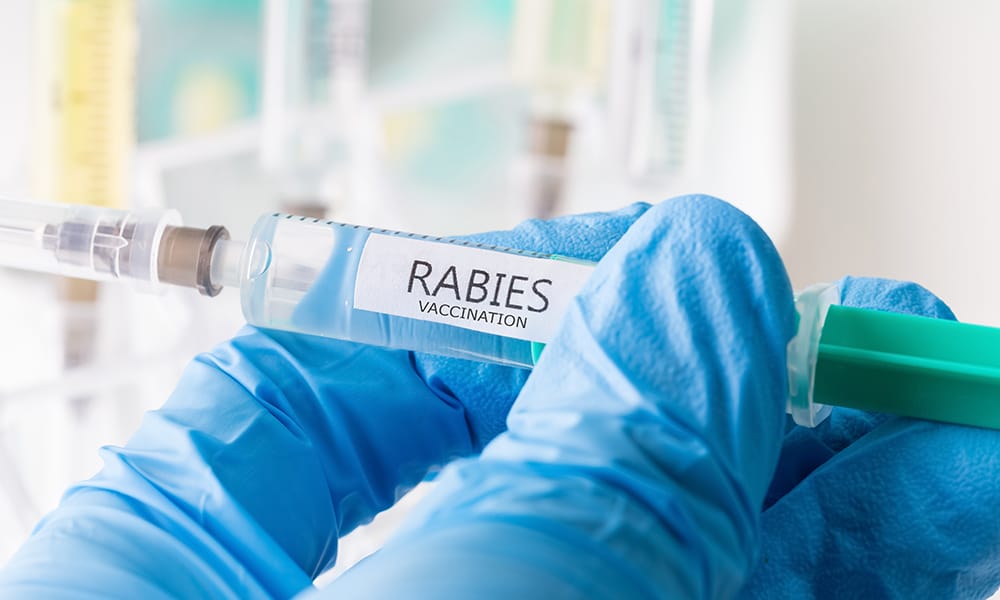Planning a trip to Burma this spring we were getting up-to-date with all our travel vaccinations. However, we were given conflicting advice from various local clinics as to whether or not we should get vaccinated for Rabies.
Turning to our travel health expert Adrienne Willcox she gave us this advice, which really helped us make a decision.
—————
Having a rabies vaccine is always a difficult decision for people. It largely depends on your risk perception. And people decide on different factors – cost, time etc.
Factually:
- Not too many Brits die from rabies – one every few years. But loads of people come back to the UK needing treatment having been bitten abroad.
- It's in the animals in Burma [and other countries]: even if you don't plan to work with them or approach animals in the street to feed or pet, a rabid one can still bite or lick you, especially if you're walking fast or jogging, and then you are at some risk.
- Rabies is always fatal.
It's advised that if you're away for a month or more you are more at risk than on a short holiday – but if you travel abroad to a rabies-risk country most years, or more than once a year, then the risk is cumulative – i.e. that month abroad is achieved in a couple of years.
If you have the course of vaccines (x3 – on day 0, day 7 and day 28) you are protected and would only need a booster vaccine if 1) you are bitten or 2) after 10 years.
If you do this it will cost you in the region of £150 (UK) but lasts a long time if you're not bitten, and if you are bitten you will have more time to source a place with safe vaccine for a booster.
There are (as always) side-effects with the vaccine although these are rare and it is usually very well tolerated. So compare this scenario with the alternative one:
If you don't have the vaccines before you go but you get bitten/scratched/licked abroad then you are at risk of rabies. It is a medical emergency and you must take immediate action by washing the wound and getting to medical help straight away. The required treatment is to:
- Inject rabies immunoglobulin all around the bites to try to stop the virus getting into a nerve pathway, then
- Start a course of rabies vaccines x5
There are issues: rabies immunoglobulin is almost non-existent in much of the world – highly unlikely you'll find it in Burma. If you did, it's made from blood donations which may not be screened for HIV, Hepatitis B etc. so you could gain an infection, albeit with a lesser chance of death than rabies. Vaccines are also in short supply so you may not get these either.
If you can't be safely treated then your best hope is to stop your holiday immediately, fly back to the UK and receive safe immunoglobulin and vaccines. These should ideally be started within 24 hours of the bite but we do give later because rabies is always fatal so it's worth trying. You will have to pay for your flights; it's unlikely that travel insurance would cover it.
So for me: I'm risk-averse + I know about rabies + I'm confident with vaccines + I can afford them + I travel whenever I can = I'm fully vaccinated!
But for some friends who travelled to India recently: It won't happen to us + it's very expensive = declined vaccination.
—————
Well, following Adrienne's advice we did get the vaccines – it's just not worth the risk. And subsequently we've heard that the risk from rabid bats in Cape Verde (which we visit frequently) has just been upgraded, so we're very glad of our decision.
—————
Dr Adrienne Willcox works in travel healthcare, and has recently won awards for her work educating travellers about malaria.
